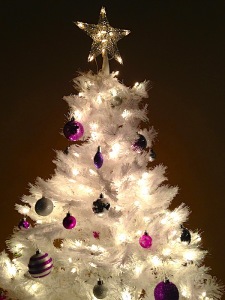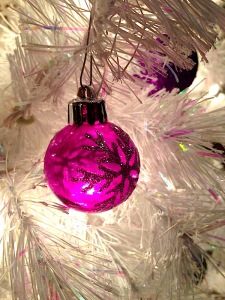Hello again! As it turns out, some of the photos I planned to use for my next post about England aren’t on my laptop yet. So I’ll post that entry next week. In the meantime, I thought I would post some of my favorite resources for writers, for those of you who are looking for some advice (or are just curious where all these writers learn their bizarre and impractical magic).
First off, I strongly recommend starting with some “big-picture” books about writing. Most books for writers that I’ve found are either general treatises on inspiration and work ethic, or they discuss specific parts of the writing process. In other words, most of them don’t teach you how to write a story so much as how to write a sentence, or create a character, or outline a plot.
While those things are great, I think most new writers need to learn about story first. You know, the basic stuff, like… What is a story? What is its structure? What do you need to write a satisfying story, from beginning to end? The most helpful book on this subject that I’ve read is Wired for Story by Lisa Cron. Other big-picture books about writing include Writing the Breakout Novel by Donald Maass and the ever-popular Stephen King’s On Writing. (And if you like learning about story structure, The Writer’s Journey by Christopher Vogler is an interesting read, and it will teach you about the famous Hero’s Journey motif.)
After that, I would suggest looking for specific advice on the areas of your writing you want to improve. That will vary from writer to writer, but here are some resources I’ve found especially helpful in improving my work.
Writing Excuses: By far my favorite writing-related podcast. Probably because Brandon Sanderson, Mary Robinette Kowal, Howard Tayler, and Dan Wells are all fans (and skilled creators!) of science fiction and fantasy. Each week, they take fifteen minutes to discuss specific topics about writing. Some of them only apply to fantasy and science fiction, but most are applicable to writing in general. (Like how to write in the first-person point of view, or how to create suspense.) Plus they’re short, so it’s easy to hunt for the specific advice you want.
(And if you like Writing Excuses? Then I highly recommend Write About Dragons, where you can watch videos of Brandon Sanderson teaching college classes about writing fantasy and science fiction. You can watch two entire semesters for free, and the advice and exercises are all excellent. Seriously.)
The First Five Pages by Noah Lukeman: This is a helpful book for learning about how to refine your writing on a sentence level. It teaches you how to tighten your prose, which helps keep a reader’s interest (crucial when querying!).
Second Sight by Cheryl B. Klein: This is a great book for learning about different ways to revise a manuscript, and one of my favorite books about how to write for children and young adults.
Finally, all writers who want to be published need to learn about the publishing industry. Whether you’re planning to go the traditional route or self-publish, it helps to know the current marketplace. One way to do this is by reading lots of published books in the genre you write. It’s also helpful to sign up for the free e-mailing lists at Publishers Weekly and Publishers Marketplace. Writer’s Digest has a lot of great content on their site as well (plus you can sign up for a variety of tutorials over at their online shop, and/or subscribe to their magazine, which is a good resource in its own right).
Happy writing!


